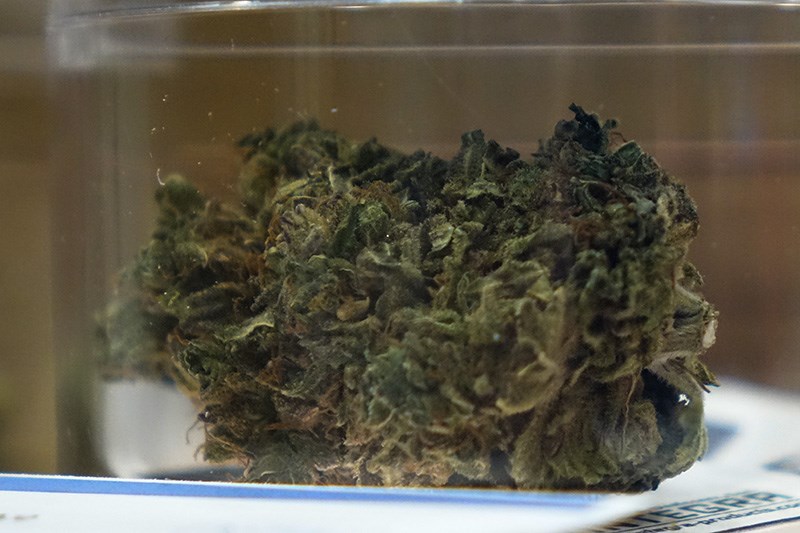The Manitoba government announced Nov. 22 that it is introducing legislation to prohibit the consumption of edible cannabis products in public places and to formalize the social responsibility fee that non-medical cannabis retailers are required to pay to the province.
Bill 5 will amend the Liquor, Gaming and Cannabis Control Act (LGCA) to ban public consumption of edible marijuana products, as well as extracts and topical products, which are expected to become available in Manitoba in December once they are authorized by Health Canada.
Prior to marijuana being legalized in Canada in October 2018, Manitoba brought in legislation to establish that legal cannabis can only be bought from licensed retailers, that people are allowed to carry up to 30 grams in public, that only those 19 or older can buy or consume cannabis, that growing cannabis at home is prohibited and that you can’t smoke or vape cannabis in public. Public consumption of alcohol has been banned in Manitoba for a century, the government says.
Fines for various marijuana-use offences announced in September 2018 range from $113 for novice drivers who fail drug-screening tests to $2,542 for supplying cannabis to someone under 19 years old or growing non-medical marijuana in a home. Carrying improperly secured cannabis in on- or off-road vehicles will cost $237, while smoking or vaping in provincial parks, consuming cannabis in a vehicle on a highway or in an off-road vehicle, or failing a drug-test as a supervising driver under the graduated licensing program will set offenders back $672.
“With a growing number of cannabis products becoming available in the marketplace, our government is taking a strong legislative stance against consumption in public areas,” said Justice Minister Cliff Cullen on Friday. “This helps reduce the risks associated with public intoxication and impaired driving, while encouraging Manitobans who choose to use these products to do so at home safely and responsibly. Most of all, we want to ensure the use of these products is not normalized or encouraged among young people.”
Cannabis used for medical reasons as well as cannabis products that do not have an intoxicating effect will be exempted from the ban.
The government is also introducing amendments to the LGCA to confirm that all retail cannabis stores in the province must pay the social responsibility fee, currently pegged at six per cent of gross revenue from the sale of non-medical cannabis. The fee is already included in agreements between the government and individual stores but the amendment will ensure it applies to all marijuana retailers.
“The social responsibility fee is a key component of our regulatory framework for non-medical cannabis,” said Cullen. “It would be used to protect vulnerable populations, help eliminate the illegal market and pay for social costs connected to cannabis use. This approach ensures retailers would share in the social costs of public education, safety, health and addictions.”
The social responsibility fee will be applied retroactively to January 2019 and retailers must submit their first payment by June 2020. The fee can be adjusted as the market evolves and social costs are identified, Cullen said.
Thompson currently has two retail marijuana stores: Meta Cannabis Supply, which opened in December 2018, and Delta 9, which opened this past September.




